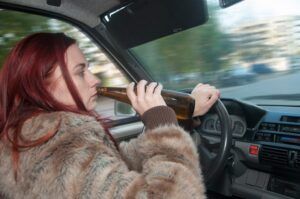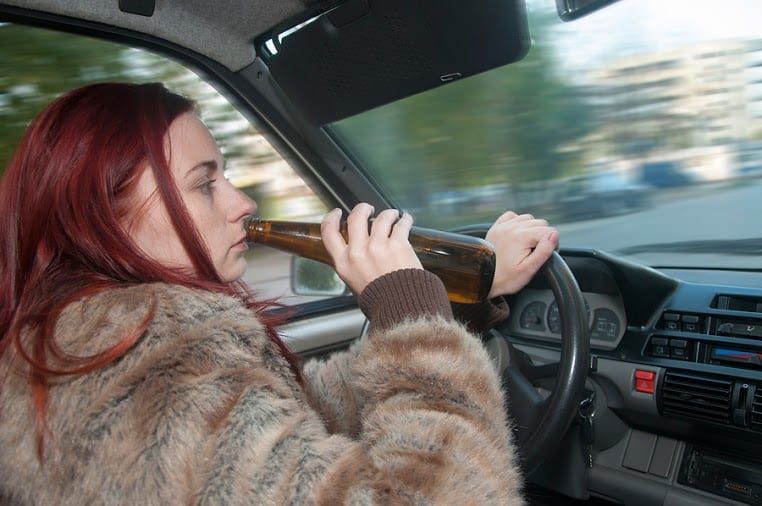 There are ad campaigns, billboards, public service announcements in the form of videos, and checkpoints with locations published in local newspapers: with all of the information available on the dangers of drinking and driving, the very obvious counter-attacks designed to catch people who get behind the wheel after drinking, and the wide-spread publication of tragic alcohol-related crashes, why do people continue to drink and drive?
There are ad campaigns, billboards, public service announcements in the form of videos, and checkpoints with locations published in local newspapers: with all of the information available on the dangers of drinking and driving, the very obvious counter-attacks designed to catch people who get behind the wheel after drinking, and the wide-spread publication of tragic alcohol-related crashes, why do people continue to drink and drive?
If you dig online through the commentary after the publication of yet another tragic crash you’ll see people giving reasons including ‘Because I can’ to ‘I can handle my alcohol better than the person who has caused this crash.’ One comment on Freakonomics.com summed up the question pretty neatly, ‘There is a sense of entitlement among people who perpetually drive over the limit. In their mind, they are fine. It isn’t until an accident occurs that there is an issue.’
Sometimes, even when a crash does occur, it doesn’t make a difference. There are multiple news posts every week detailing repeat offenders involved in crashes, and for some, it wasn’t their first crash. Take the case of a repeat offender in Dayton, Ohio who killed herself and two others in a recent drunk driving crash. She was driving on a suspended license due to multiple driving under the influence (DUI) charges.
Or, how about the man in Plymouth, Massachusetts who was drunk and texting when he smashed into a car? He had repeat offenses and was driving on a suspended license in a vehicle with no tags. These are just two of thousands of examples you can find of repeat offenders who continue to drive drunk despite the risks and penalties.
For a family member who’s lost a loved one in a drinking and driving crash, it’s a no brainer not to get behind the wheel after drinking. Drinking alcohol affects your vision, hand/eye coordination, and reflexes, and scientific research backs up the fact that you cannot safely operate a vehicle after drinking, yet people still make the choice to drink and drive. That’s why Mothers Against Drunk Driving (MADD), law enforcement, and local governments have put their support into ignition interlock devices.
Once installed, ignition interlock devices will stop a drunk driver from starting their vehicle, period. Without an ignition interlock, the choice is left up to the offender, and more often than not, that offender will make the choice to drink and drive again.
If your state doesn’t require ignition interlock devices for all offenders, you may want to spend some time asking your local representative why. With people making the choice to drive drunk every day, it’s the best way to stop someone before they put their keys in the ignition.
